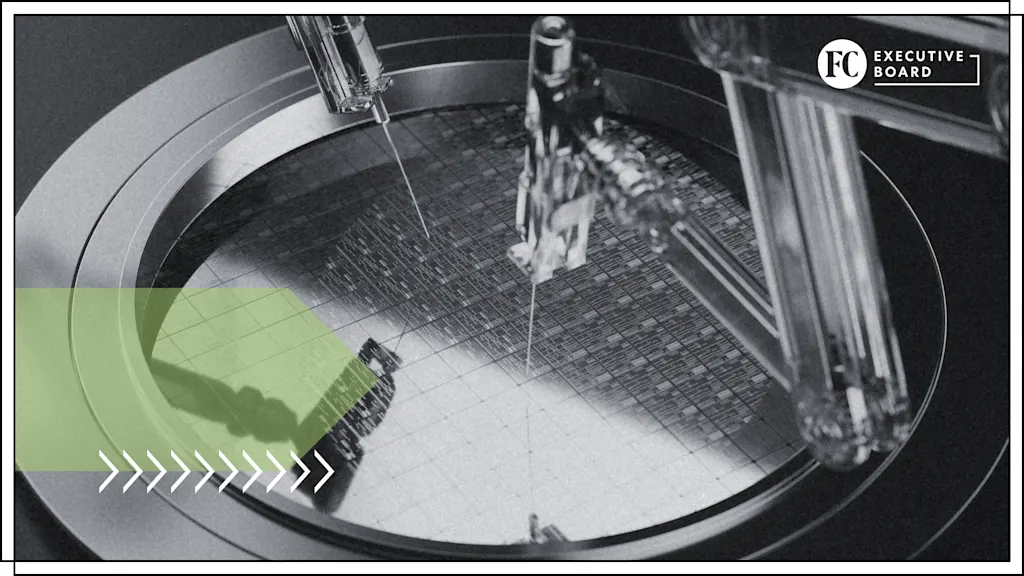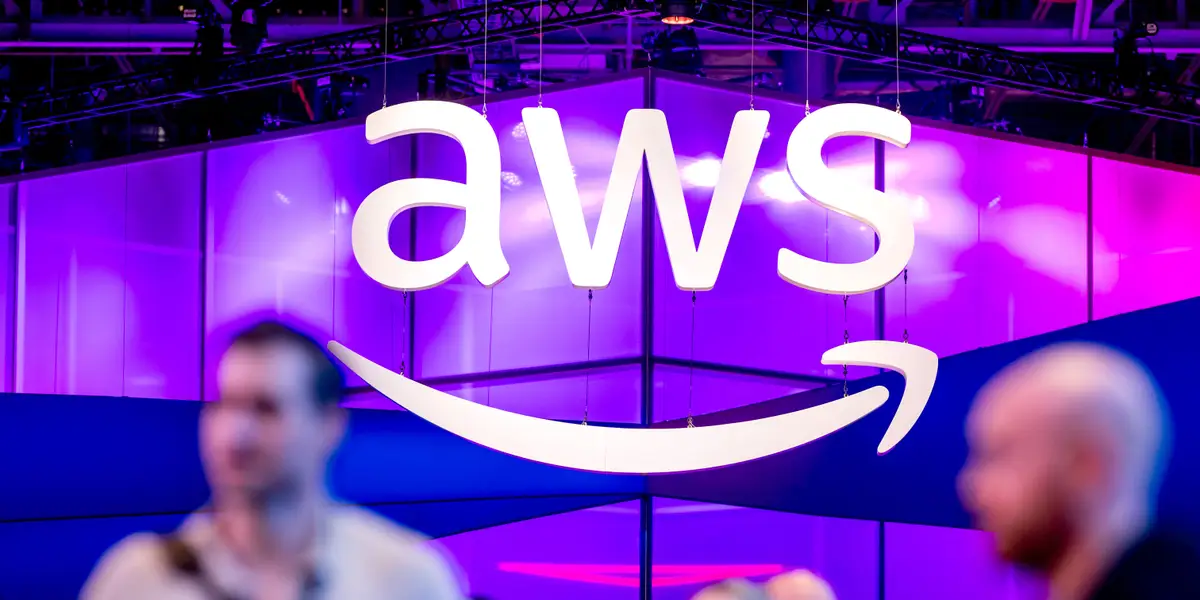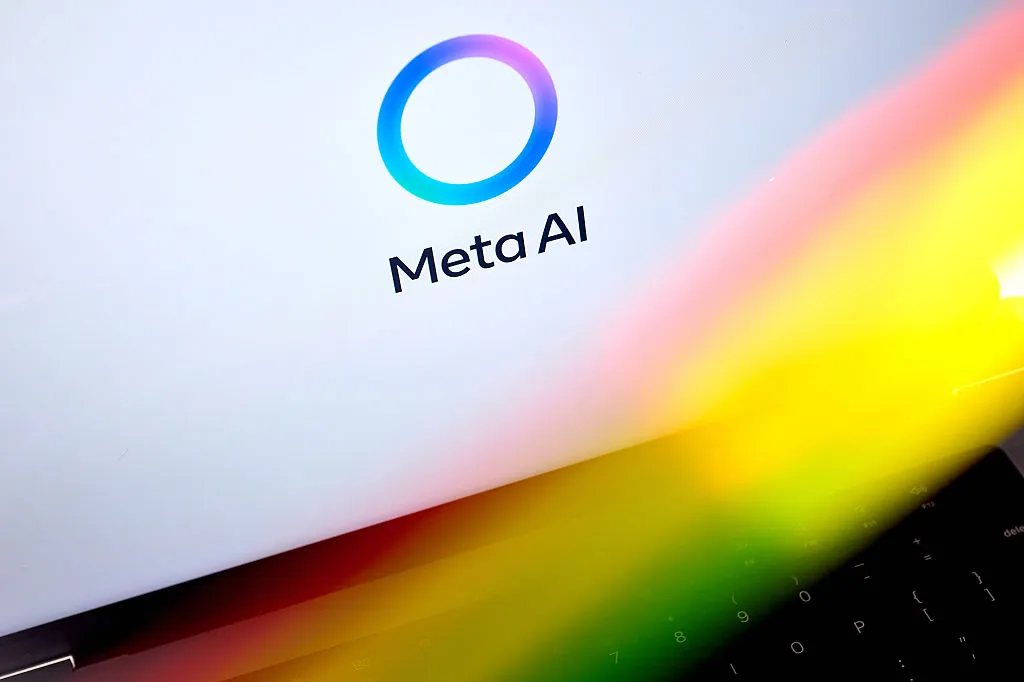Copyright Fast Company

In every industry—automotive, aerospace, heavy equipment, consumer goods—the difference between growth and stagnation often comes down to one thing: quality. Yet most inspection systems today remain stuck in the past. Manufacturers face a perfect storm. Skilled inspectors are retiring, new product models roll out every quarter, and customers expect zero defects. The traditional tools—clipboards, aging automated optical inspection stations, or multimillion-dollar vision systems—simply can’t keep pace. They’re rigid, expensive, and too slow to adapt. The cost is staggering. Billions are lost each year to recalls, warranty claims, rework, and customer dissatisfaction. In a world where supply chains are stretched thin and competition is global, quality is no longer a back-office metric. It’s existential. QUALITY INTELLIGENCE AT THE SPEED OF MANUFACTURING In manufacturing, speed and intelligence are essential. Without one, manufacturers risk bottlenecks that can lead to missed market opportunities and critical data about potential defects. Inspections must be completed in real time, using a traceable system that scales with the pace of modern manufacturing, a process we call quality intelligence. Subscribe to the Daily newsletter.Fast Company's trending stories delivered to you every day Privacy Policy | Fast Company Newsletters Quality intelligence can be achieved in three ways: Tablet-first inspections. Deploy tablets to inspectors for use running AI-powered checks anywhere on the floor. Inspection is no longer tied to the line—your factory floor becomes your inspection system. With just a tablet, quality can move as fast as production itself. Hardware agnostic. Choose platforms that integrate seamlessly with existing hardware. Whether it’s line cameras, endoscopes, or microscopes, quality intelligent software makes existing assets smarter, not obsolete. Configurable and adaptive. Add new inspection classes in hours, not months. From paint jobs on RVs to pinch-bolt assemblies in cars, inspectors can adapt quickly to evolving production lines. This is not about replacing people. It’s about providing inspectors with a system that scales their expertise, eliminates fatigue, and integrates every check into a continuous intelligence loop. PROOF FROM THE FLOOR We’ve already seen what happens when inspection becomes intelligence: Automotive: With tablet-based verification of pinch-bolt assemblies, one manufacturer eliminated inconsistent inspections in tight cabin spaces—reducing rework costs and improving vehicle safety. Recreational vehicles: AI-powered paint inspection tied every VIN to traceable evidence, cutting warranty claims and customer escalations. Heavy equipment: Forklift assembly verification moved from error-prone manual checks to autopilot inspections, reducing liability claims while increasing throughput. Across industries, the outcomes are clear: Far fewer defects slipping past inspection, faster inspections, better traceability, and lower cost of quality. THE VISION AHEAD Investors see what customers see: That quality is not just a line item, but the foundation of competitiveness. For manufacturers, every improvement in quality strengthens reputation, reduces risk, and unlocks new growth. That same discipline and data-driven consistency are what make investors confident this shift isn’t just operational—it’s strategic. Trust matters. Factories don’t adopt technology for the sake of it. They adopt what earns confidence on the floor, in the boardroom, and with regulators. advertisement We recently raised new funding, which we will use to accelerate our ability to continue supporting inspectors with tools that make their jobs easier, not harder. But the bigger story is this: Quality can no longer be treated as a checkpoint. It must become continuous, data-driven, and intelligent. That’s what we mean by quality intelligence. Factories that embrace this shift will reduce recalls, lower costs, and build resilience. Those that don’t evolve will find their growth capped—not by demand, but by the defects they can’t catch in time. The future of manufacturing will not be defined by who produces the most. It will be defined by who produces with the most intelligence. Priyansha Bagaria is the founder and CEO of Loopr AI.



